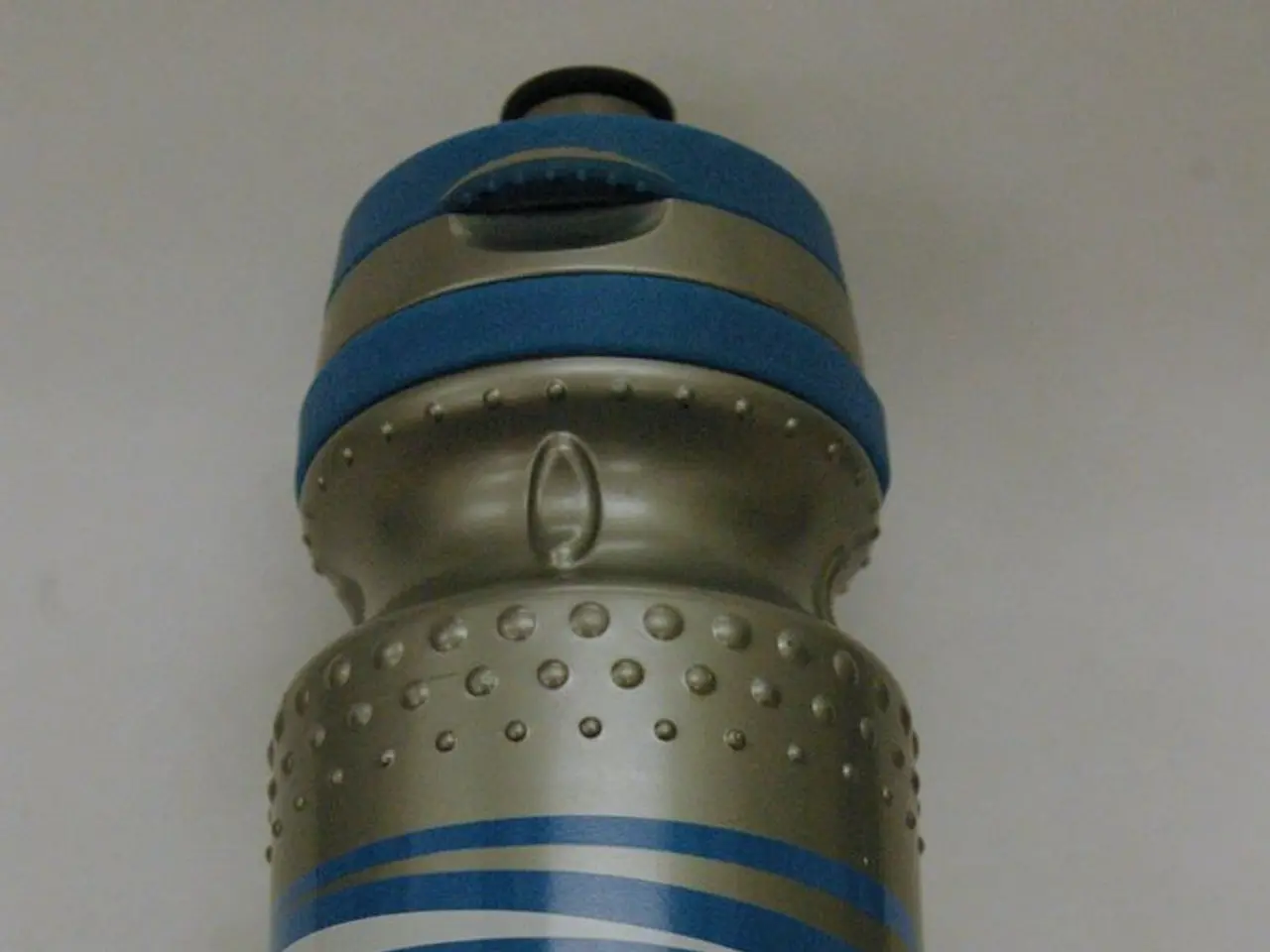Trump prior to implementing pharmaceutical tariffs delay confirmed by report
In the pharmaceutical industry, the future of tariffs on foreign-made pharmaceuticals remains uncertain. While President Trump has threatened tariffs as high as 250%, a recent EU-US trade agreement has capped tariffs on branded pharmaceuticals at 15%, a relief for companies like Bristol-Myers Squibb and Pfizer [1][2].
The tariff situation is of particular concern to companies that rely heavily on branded drugs. With the EU producing 43% of the active pharmaceutical ingredients (APIs) used in US branded products, a 15% tariff could potentially increase costs, affecting pricing and margins [2]. However, generic pharmaceuticals, which constitute 90% of US prescriptions, will be less affected due to near-zero tariffs on EU imports [2].
The Trump administration's plans to impose tariffs, initially starting with a "small tariff," then increasing to 150%, and potentially up to 250% within about one and a half years, have been announced [1]. Yet, the tariffs are not imminent, and their implementation is likely some weeks away [3].
Meanwhile, the investigation on the national security impacts of foreign drug production, initiated in April, is still ongoing. The findings from this probe, which is being conducted by the U.S. government, have not been released yet, despite previous statements that it would be completed by mid-June [4].
In other pharmaceutical news, IO Biotech has reported that their cancer vaccine in combination with Merck's Keytruda outperformed in a late-stage study [5]. Similarly, Pfizer and Astellas have posted a late-stage trial win for Padcev in combination with Merck's Keytruda in bladder cancer [6].
Amidst these uncertainties, some analysts see a buying opportunity for Bristol-Myers Squibb. An article recommends investing in the company due to its current stock decline, which, according to the article, may have gone too far [7].
As the tariff situation unfolds and the results of the national security probe are revealed, the future of the pharmaceutical industry, and specifically companies like Bristol-Myers Squibb, will become clearer. The findings from the national security probe into semiconductors are expected to come before any announcement on pharmaceutical tariffs [8].
References:
- Trump administration to impose tariffs on pharmaceutical imports
- EU-US trade agreement limits tariffs on branded pharmaceuticals
- Tariffs on foreign-made pharmaceuticals not imminent
- Investigation on national security impacts of foreign drug production delayed
- IO Biotech's cancer vaccine outperforms in late-stage study
- Pfizer and Astellas post late-stage trial win for Padcev
- Bristol-Myers Squibb experiencing a buying opportunity
- Findings from national security probe into semiconductors expected before pharmaceutical tariffs announcement
The uncertain tariff situation on foreign-made pharmaceuticals is a matter of significant concern for companies that heavily rely on branded drugs, such as Bristol-Myers Squibb. Current policy-and-legislation discussions revolve around the Trump administration's proposals for tariffs, which could potentially impact the health sector through increased costs, affecting pricing and margins.
Analysts are closely watching the unfolding tariff situation and the results of the ongoing investigation on the national security impacts of foreign drug production. The findings from this investigation, expected before any announcement on pharmaceutical tariffs, will provide valuable insights for companies like Bristol-Myers Squibb and the pharmaceutical industry as a whole, ultimately shaping the future of the general-news phase in the sector.







